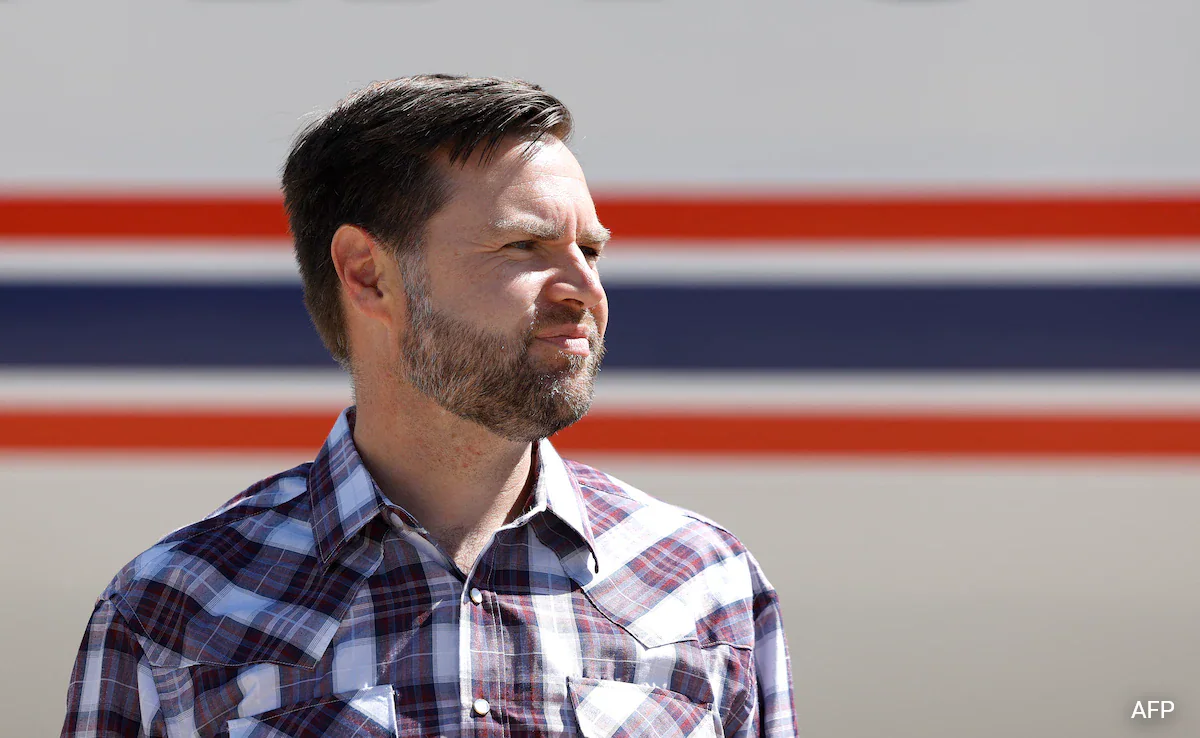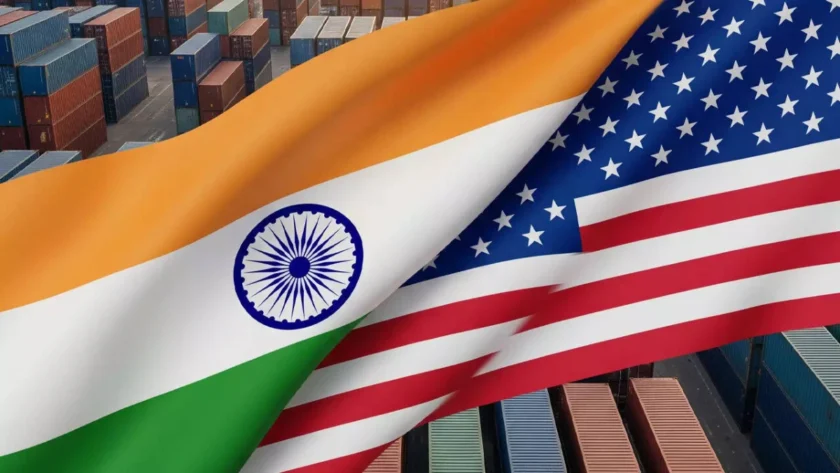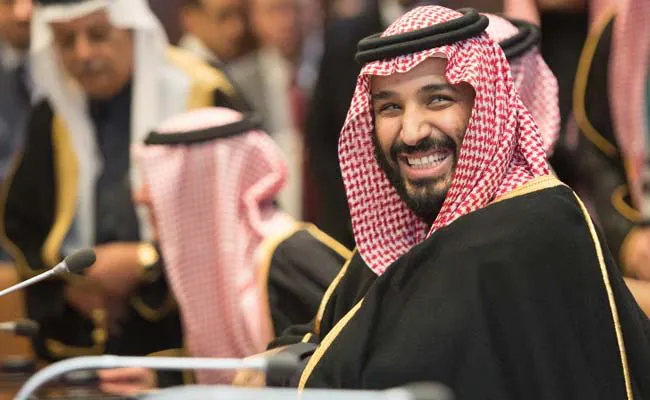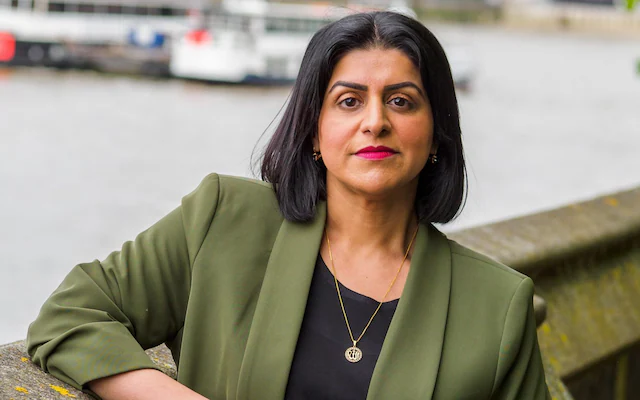PARIS: U.S. Vice President JD Vance issued a stern warning against “excessive regulation” in the artificial intelligence sector, cautioning world leaders and tech executives that overregulation could stifle innovation just as AI is gaining momentum.
Speaking at the Artificial Intelligence Action Summit at the Grand Palais, Vance underscored the Trump administration’s commitment to ensuring that AI systems developed in the U.S. remain free from ideological bias and are not hindered by restrictive policies. He stated that the U.S. would “never restrict our citizens’ right to free speech.”
Transatlantic Divide on AI Regulation
Vance’s remarks highlighted the sharp contrast between the U.S. and its European allies on AI governance. While he criticized Europe’s stringent regulatory framework, European Commission President Ursula von der Leyen defended the need for AI oversight, stating, “AI needs the confidence of the people and has to be safe.” She acknowledged concerns about bureaucratic hurdles but emphasized efforts to streamline regulations across the 27-nation bloc.
Von der Leyen also pointed to Europe’s ambitious “InvestAI” initiative, which has channeled 200 billion euros into AI development, including a 20 billion euro fund dedicated to AI gigafactories.
A Global Contest for AI Supremacy
The Paris summit showcased the ongoing global AI race, with China, the U.S., and Europe presenting differing approaches. China, represented by Vice Premier Zhang Guoqing, is advocating for state-backed AI expansion, while the EU is prioritizing regulatory harmonization and investment. The U.S., under President Donald Trump, is pushing for a hands-off policy to spur innovation.
Vance has been vocal in opposing European content moderation laws and suggested that the U.S. should reassess its NATO commitments if European countries ban Elon Musk’s social media platform, X. Additionally, he is expected to discuss U.S.-China tensions, AI’s impact on global power structures, and the ongoing conflict in Ukraine during his visit to Paris.
Regulating AI: A Global Challenge
As AI becomes increasingly integrated into defense and military operations, concerns over its risks have dominated discussions at the summit. NATO commander Admiral Pierre Vandier warned that failing to regulate AI could lead to unintended consequences, saying, “I believe that we will eventually have to figure out how to control AI or else we will lose control of everything.”
In response, world leaders have proposed the establishment of “Current AI,” a public-private collaboration aimed at funding large-scale AI projects for the global good. However, it remains uncertain whether the U.S. will support these initiatives.

Business Rivalry and AI Expansion
Competition in the AI sector is intensifying. Elon Musk, now serving as Trump’s head of the Department of Government Efficiency, has joined investors in a staggering $97.4 billion bid to acquire OpenAI. CEO Sam Altman swiftly rejected the offer on X while attending the Paris summit.
Meanwhile, tensions between the U.S. and China continue to escalate. Beijing’s state-backed DeepSeek AI chatbot has prompted calls from U.S. lawmakers for a ban, citing national security risks. China, in contrast, argues for open-source AI models to ensure global accessibility.
French President Emmanuel Macron used the summit to draw comparisons between AI energy consumption strategies. He contrasted France’s nuclear-powered AI development with the U.S.’s reliance on fossil fuels, quipping, “We won’t drill, baby, drill—we’ll plug, baby, plug.”
Vance’s European Tour and Diplomatic Talks
Following the summit, Vance is set to travel to Germany for the Munich Security Conference, where he will encourage stronger European commitments to Ukraine and NATO. He may also meet with Ukrainian President Volodymyr Zelenskyy.
During his time in Paris, Vance will hold bilateral discussions with Macron, focusing on the conflicts in Ukraine and the Middle East. The vice president, aligning with Trump’s skepticism over continued U.S. military aid to Kyiv, reiterated the administration’s pledge to end the Ukraine conflict within six months.
Additionally, Vance will meet with European Commission President Ursula von der Leyen and Indian Prime Minister Narendra Modi, signaling ongoing U.S. diplomatic efforts to shape global AI policies and strategic alliances.










